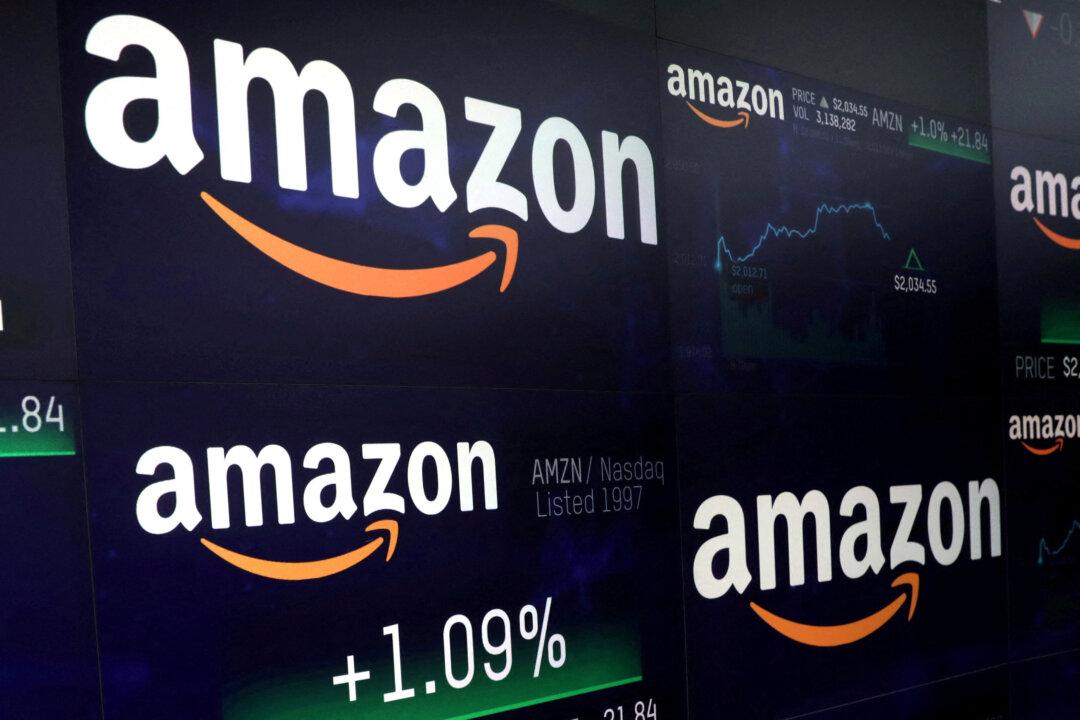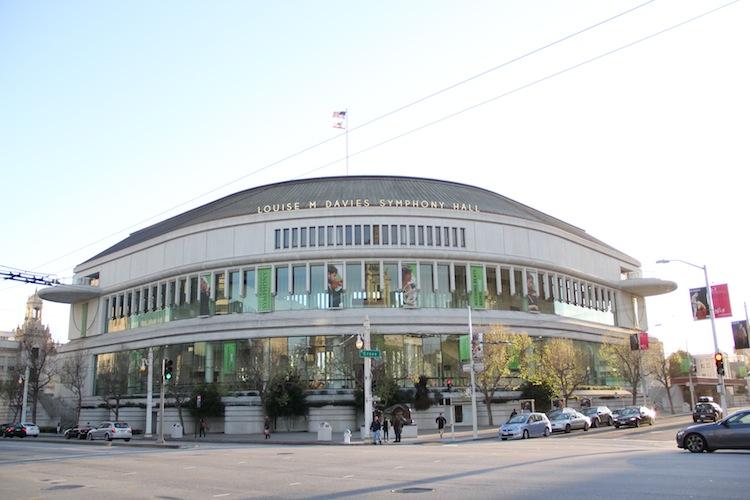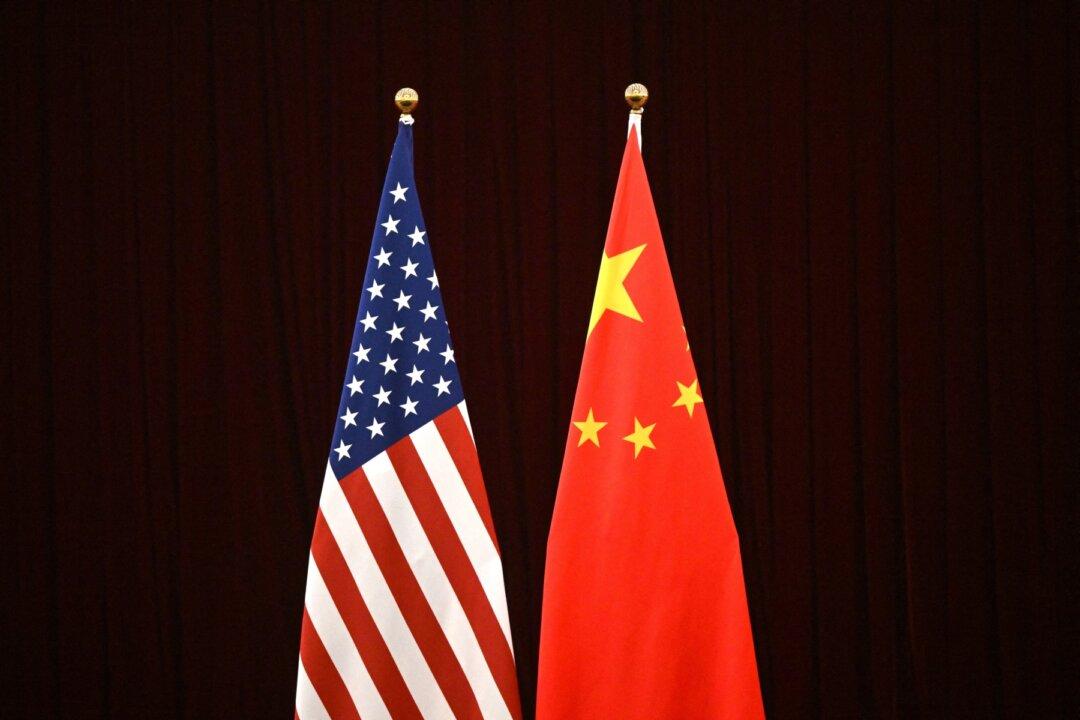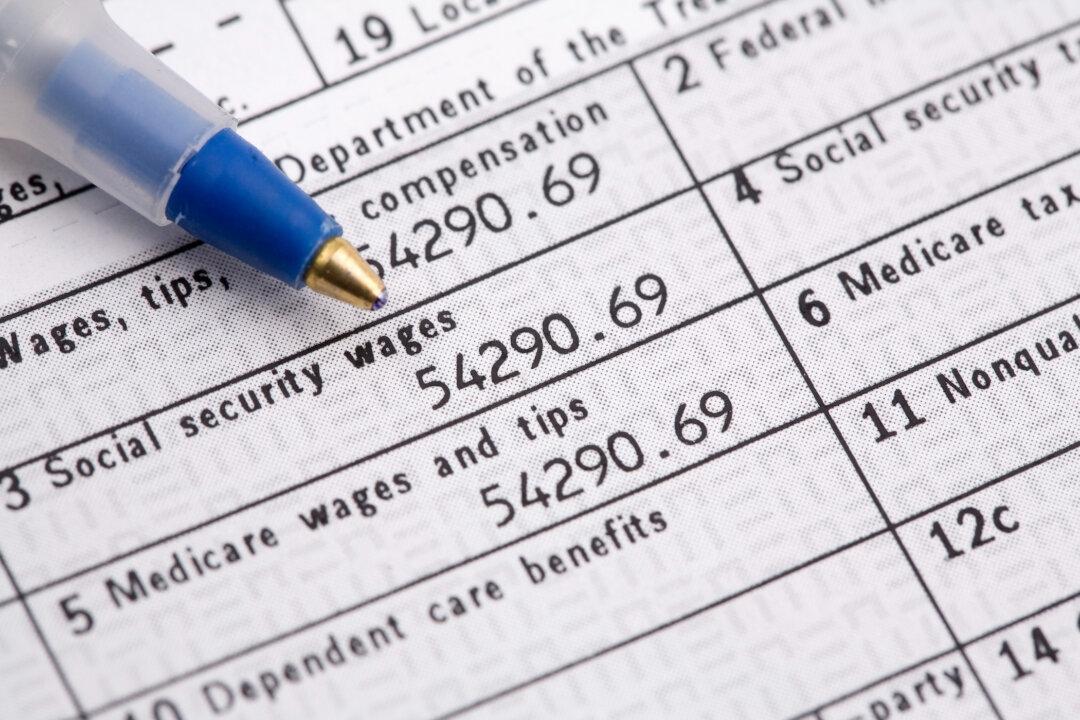Commentary
Not since 1933, when the Supreme Court found Franklin Roosevelt’s New Deal unconstitutional, and more recently, in 2022, when the Supreme Court found Roe v. Wade unconstitutional, has there been an issue before the public of such genuine intellectual interest, the revisiting of the question: Should government regulate free markets for their own good? Lina Khan v. Jeff Bezos.





